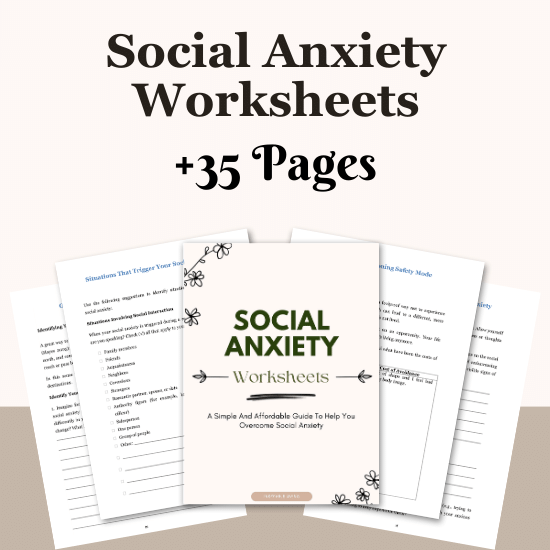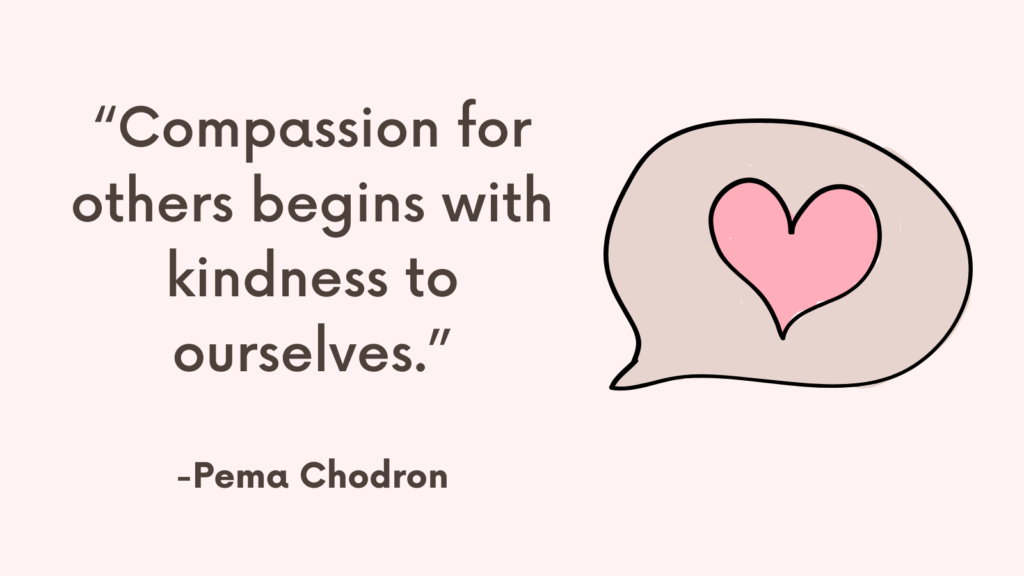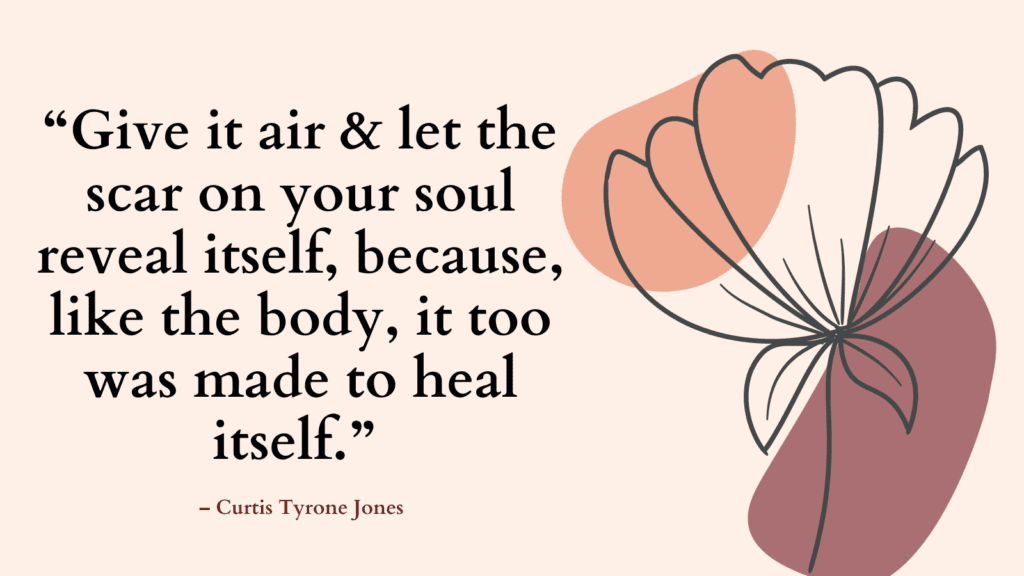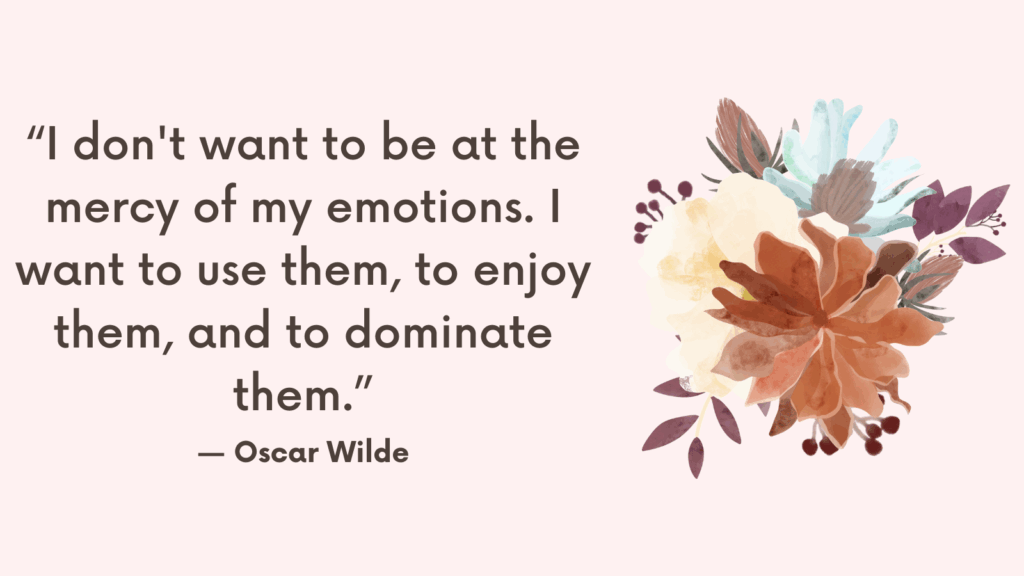Summer often brings a surge of social gatherings, from barbecues and beach trips to weddings and festivals.
While these events can be enjoyable, they can also be a source of anxiety.
Here are some practical tips to help you manage anxiety, so you can feel more comfortable and make the most of summer social events.
Triggers of Anxiety During Summer to Prepare For
1. Disruption of Routine
Summer often means changes to your usual schedule — from time off work to kids being home to vacations. While this can be enjoyable, it can also feel destabilizing for people who rely on routine for emotional balance. Lack of structure may lead to increased restlessness, overthinking, or emotional dysregulation.
2. Increased Social Expectations
With more invitations to barbecues, beach days, weddings, or travel, summer can bring pressure to be social, outgoing, and constantly “on.” For introverts or those with social anxiety, this pressure to perform can feel exhausting or even paralyzing.
3. Body Image and Appearance Pressure
Warm weather often means less clothing and more exposure — which can trigger body image struggles, comparison, or shame. The pressure to have a “summer-ready” body can intensify self-criticism and lower self-esteem, especially with the amplified messaging on social media.
4. Financial Stress From Travel or Events
Summer often comes with extra spending — vacations, childcare, outings, or special events. If finances are tight, the pressure to keep up can trigger anxiety around money, security, or feeling like you’re falling behind.
5. Heat and Sensory Overload
High temperatures, crowded outdoor spaces, and constant noise can overwhelm the nervous system. For those sensitive to physical discomfort or overstimulation, heat and summer crowds can amplify anxiety, irritability, or panic symptoms.
6. FOMO (Fear of Missing Out)
With social media feeds full of people vacationing, adventuring, or celebrating, it’s easy to feel like everyone is living their best life while you’re “wasting” your summer. This comparison trap can spark feelings of loneliness, guilt, or dissatisfaction.
7. Relationship Tension or Isolation
Longer days and more socializing can magnify existing tension in relationships — or intensify the feeling of being single, disconnected, or lonely. Holidays or time off can force reflection on relationships in ways that aren’t always comfortable.
8. Pressure to Feel Happy and Relaxed
The cultural expectation that summer should be a time of ease, joy, and freedom can actually backfire. When you don’t feel how you’re “supposed” to feel, it can create a disconnect that increases shame, frustration, or emotional confusion.
Tips on How to Cope with Anxiety During Summer Social Events?
1. Plan Ahead and Set Realistic Expectations
Preparing for an event can help reduce anxiety by providing a sense of control. Having realistic expectations also helps you avoid unnecessary pressure.
How to Practice: Review the event details, such as who will be attending, what to expect, and any logistics (like transportation and timing). Decide on a personal goal, like staying for an hour or meeting one new person, to keep things manageable.
2. Practice Deep Breathing or Grounding Techniques Before Arriving
Anxiety often increases before you even arrive at an event. Practicing a calming technique beforehand can help you enter the situation with a relaxed mind.
How to Practice: Try the “4-7-8” breathing technique—inhale for 4 counts, hold for 7, and exhale for8. Alternatively, try grounding exercises like the 5-4-3-2-1 technique (name 5 things you see, 4 you can touch, 3 you can hear, 2 you can smell, and 1 you can taste) to calm your mind and stay present.
3. Give Yourself Permission to Take Breaks
Sometimes, just stepping away for a few minutes can relieve anxiety and help you reset. Breaks give you time to recharge, process, and feel less overwhelmed.
How to Practice: Find a quiet spot, like the restroom, an outdoor space, or even your car, where you can take a moment alone if needed. Take a few deep breaths, focus on grounding yourself, and return when you’re ready.
Related: 30 Day Social Anxiety Challenge That Will Help You Feel More Confident
4. Focus on a “Buddy System” for Support
Having a familiar face at an event can make it easier to feel relaxed and engaged. Bringing a friend or connecting with someone at the event offers comfort and a sense of support.
How to Practice: If possible, go with someone who understands your feelings and can provide support. If you’re attending alone, identify one or two people you know and feel comfortable with to focus on at the event.
5. Use Positive Self-Talk and Reframe Anxious Thoughts
Anxiety often brings up negative self-talk, which can increase stress. Replacing anxious thoughts with supportive, positive affirmations can make a difference in how you feel.
How to Practice: When anxious thoughts arise, acknowledge them and then reframe them with positive or neutral statements. For example, replace “I’m going to embarrass myself” with “I’m here to enjoy myself, and it’s okay to take things slow.”
1Related: Best 10 Books For Social Anxiety
6. Engage in Simple, Light Conversation Starters
Small talk can feel daunting with anxiety, but focusing on simple, low-pressure topics can help you ease into conversations and feel more comfortable.
How to Practice: Prepare a few conversation starters that feel natural, like “Have you been to this place before?” or “Do you have any fun summer plans?” Light questions about the setting or the event can help you ease into conversations without pressure.
7. Set Boundaries Around How Long You’ll Stay
Knowing you have a clear exit plan can ease anxiety by providing a sense of control. Setting a time limit for yourself allows you to enjoy the event without feeling trapped.
How to Practice: Decide ahead of time how long you’ll stay, such as one or two hours. Let your host or friend know if you’ll be leaving early, or set up your own exit strategy if you’re going alone. Having an “out” lets you engage at your own pace.
Related: Best 17 Journal Prompts For Social Anxiety
8. Limit Alcohol and Caffeine Intake
While it may be tempting to use alcohol or caffeine to manage nerves, these can often exacerbate anxiety. Limiting or avoiding them can help you maintain steady energy and keep anxiety in check.
How to Practice: If you drink, stick to water or non-alcoholic beverages between drinks. Choose caffeine-free or low-caffeine options if you’re at a coffee or brunch gathering. Staying mindful of these choices keeps your mood and energy balanced.
9. Shift Focus to Enjoying Small Moments
Anxiety often pulls us out of the present, focusing on worries about the future or past. Shifting your focus to small, enjoyable details can help ground you in the moment.
How to Practice: Focus on one positive aspect of the event at a time, like the music, the food, or the decorations. Observing these small details helps you stay present, reducing anxiety and helping you appreciate the experience.
10. Remind Yourself It’s Okay to Decline Invitations
If attending a particular event feels like too much, it’s okay to decline. Prioritizing your well-being can reduce the pressure of social obligations and help you conserve energy.
How to Practice: Politely decline invitations when necessary, with a simple response like, “Thanks for inviting me, but I’m taking some time for myself.” This boundary allows you to focus on events that feel meaningful or manageable.
Related: How To Stop Should-Ing On Yourself?
11. Practice Post-Event Self-Care
Reflecting on and decompressing after a social event is just as important as preparation. Self-care post-event helps you recharge and process the experience, easing lingering anxiety.
How to Practice: After the event, take a few moments for yourself—whether that’s journaling, taking a relaxing bath, or doing a calming activity. Acknowledging what went well and celebrating small victories (like attending!) can help you feel more confident in future situations.

Conclusion
By using these strategies, you can approach summer social events with greater confidence and comfort, allowing you to enjoy the experience on your terms.
Remember, self-care and self-compassion are essential parts of navigating social anxiety. Each small step you take helps build resilience, making social events more manageable and enjoyable over time.



